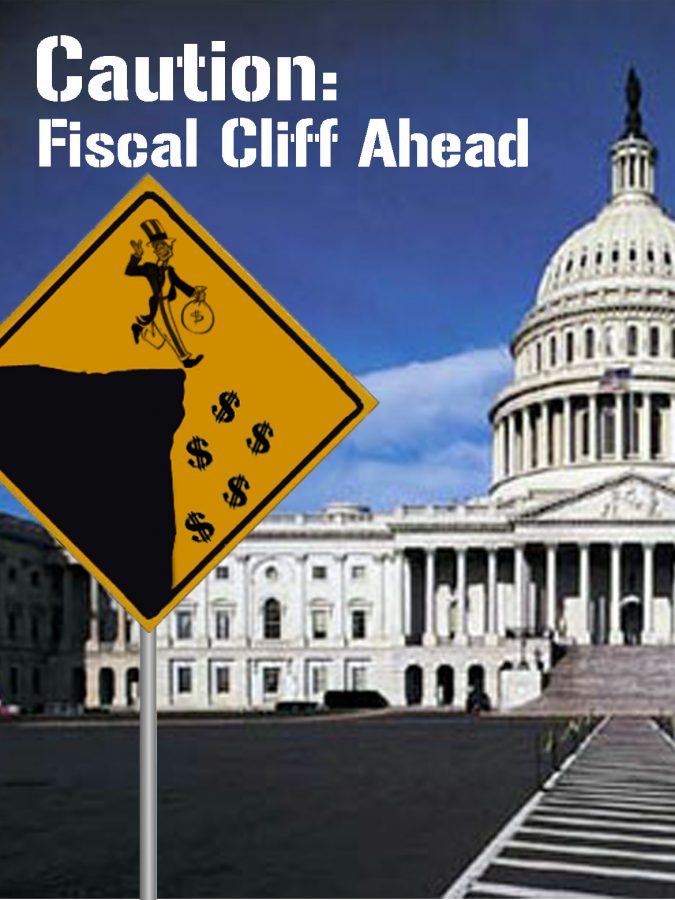By: Jack Minchew
For most political observers, and indeed politicians themselves, late November and December are a time for licking wounds (Mitt Romney and the Republican Party) or celebrating your victories (Barack Obama and the Democratic Party). While it is appropriate for Gov. Romney to disappear from the political scene (at least for now), newly re-elected President Obama is likely coming to the realization that, at least in Congress, the balance of power has not really shifted. And before the 113th Congress even takes office in January, the President and the “lame-duck” 112th Congress will have to deal with their self-imposed budget sequestration, commonly known as “the Fiscal Cliff.
In August last year, Congress passed the Budget Control Act of 2011, which established the (relatively) well-known “SuperCommittee,” a bipartisan group whose goal was to compromise on a solution to our national debt. Needless to say, the committee failed miserably, leading to the present condition. Included in the bill was a provision that if Congress couldn’t compromise by the end of December 2012, automatic budget cuts and tax increases would be triggered that would hurt the main demographics of both major parties.
Fast forward to December 2012, when “the Sequester” that looked far off in 2011 now seems inevitable. Democrats seem unable to allow cuts to social programs, and Republicans have sworn to prevent new taxes and cuts to the military. In other words, both parties are willing to compromise, as long as they don’t have to give anything up. If the sequester does hit in January, the consequences could be dire. Deep cuts would be leveled that could potentially hurt our area. In addition to the expiration of the Bush Era Tax Cuts, which would raise taxes on all tax brackets, budget cuts would mean cuts in the government workforce, cuts to government contractors, and cuts to the military and veteran’s benefits.
So is there any hope of averting the “fiscal cliff”? Yes and no. Some Republicans have indicated that they would be willing to increase revenue (raise taxes) if Democrats will allow cuts to social programs. House Speaker John Boehner, House Minority leader Nancy Pelosi, Senate Majority Leader Harry Reid, and Senate Minority Leader Mitch McConnell all gathered to discuss compromises recently, and they are set to release a compromise that should appeal to both parties. The question is whether Boehner and McConnell will be able to deliver Republican votes, or whether they will face mass defections from Tea Party supporters, and whether Democratic leaders can control their far left wing members.






